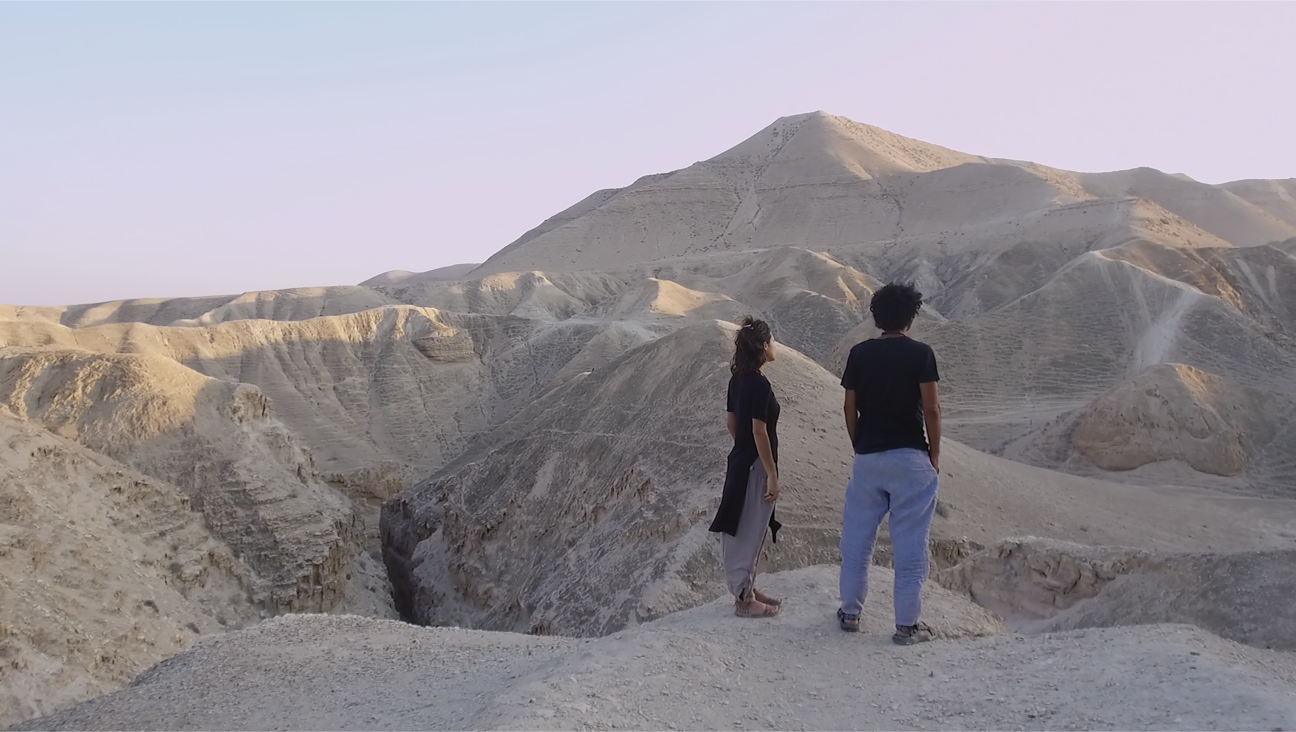Online Outreach
Only in the past three or four years have the words “iPod,” “mp3,” “podcast” and “bandwidth” crept into the modern-day lexicon, their specific meanings still eluding the general population.
To the less audio-savvy, the current influx of Apple computer commercials on TV might seem to suggest that this new technology is meant for one thing: young 20-somethings to bop and jitter with their teeny-tiny headphones against the backdrops of pink, green and yellow Warholian hues. But congregations across the country are beginning to defy that image by re-purposing mp3 technology for religious uses — uses intended to bring the worldwide Jewish community a little closer.
Very early on Michele Holtz, a member of Temple Isaiah in Lafayette, Calif., saw the potential to use podcasting for Jewish outreach. As a volunteer, she has put together, with the help of her congregation’s rabbis, a weekly audio series called “Your Jewish Neighborhood,” posted on Temple Isaiah’s Web site every Tuesday. The first episode recorded was recorded in August 2005.
Each episode is about 10 to 15 minutes long, and a variety of topics were covered, ranging from circumcision to samplings of klezmer music to interviews with influential Jewish speakers.
Holtz admits, however, that it took time for some congregants to catch on to the technology.
“They love it now,” she said, “once we got past the basic problem that I think all podcasters face: ‘What is a podcast?’ It’s unfortunate about the name, because it leads people to believe that they need an iPod to listen to a podcast.”
A podcast is like a radio program that is distributed over the Internet using syndication feeds. These programs are available as media files that can be listened to with speakers on a home computer, recorded onto a CD or downloaded to a media player (such as an iPod) for later and repeated listening. Holtz has kept track of the number of downloads the podcast has received for each episode. She says there have been as many as 600 listeners for a single episode.
“About 70% of our audience doesn’t live in the state of California. And about 30% of [the non-California listeners] don’t live in the United States,” she said. “But that’s the beauty of podcasting; it goes everywhere.”
Synagogues are still far less adept at podcasting than churches are, although it is difficult to quantify exact statistics. A search for podcasts in the “religion and spirituality” section of Podcast Alley, a popular Internet directory of podcasts, returns about one podcast with Jewish content for every 50 with Christian content.
Christian podcasts seem to fulfill the same purpose as the many Sunday morning programs on TV and radio: evangelization. Web sites such as Pulpitpodcast.com, Godcast100.com and Sermoncast.com are podcasting directories limited specifically to Christian ministering, and their listings number into the thousands.
But the trend is gradually catching fire in the Jewish community. Rabbi Robert Barr of Congregation Beth Adam in Loveland, Ohio, has just begun podcasting in the past several months. With radiobroadcasting experience under his belt, he felt that podcasting would be a natural transition.
One thing that drew Barr to the technology was its portability. People can listen when it’s convenient for them, and sometimes that’s when they’re going for a run on a treadmill.
“It’s a strange thing,” Barr said. “I bump into folks at the gym who download me. I was having lunch with a congregant, and he showed me his iPod, and he was listening to me. You don’t often think of people carrying you around in their pocket. That to me spoke to what the value of this is.”
Barr notes that he has received listeners from places as distant as Israel, Canada, Germany, the Philippines and Australia.
Other congregations have mp3 files of d’var Torah, hymns and tropes available on their Web sites. Cantor Linda Shivers of Congregation Neveh Shalom in Portland, Ore., has made many recordings of the regular Sabbath prayers available on the Web site so that students in b’nai mitzvah classes can practice them at home.
“We thought to put them on the Web site, especially because kids are always losing tapes,” she said.
Central Synagogue, located in New York City, has taken the technology a step further by uploading its entire Sabbath services to its Web site for congregants who are possibly bedridden or without transportation.
But Central’s rabbi, Peter Rubinstein, doesn’t perceive the recordings as giving congregants an excuse not to attend services.
“The people who really need most what we can give are often the people who can’t get here,” he said. “I’m very aware that one can’t simply define synagogue as physical space.”
Elisha Sauers is a writer living in Knoxville, Tenn.
A message from our Publisher & CEO Rachel Fishman Feddersen

I hope you appreciated this article. Before you go, I’d like to ask you to please support the Forward’s award-winning, nonprofit journalism during this critical time.
We’ve set a goal to raise $260,000 by December 31. That’s an ambitious goal, but one that will give us the resources we need to invest in the high quality news, opinion, analysis and cultural coverage that isn’t available anywhere else.
If you feel inspired to make an impact, now is the time to give something back. Join us as a member at your most generous level.
— Rachel Fishman Feddersen, Publisher and CEO






















